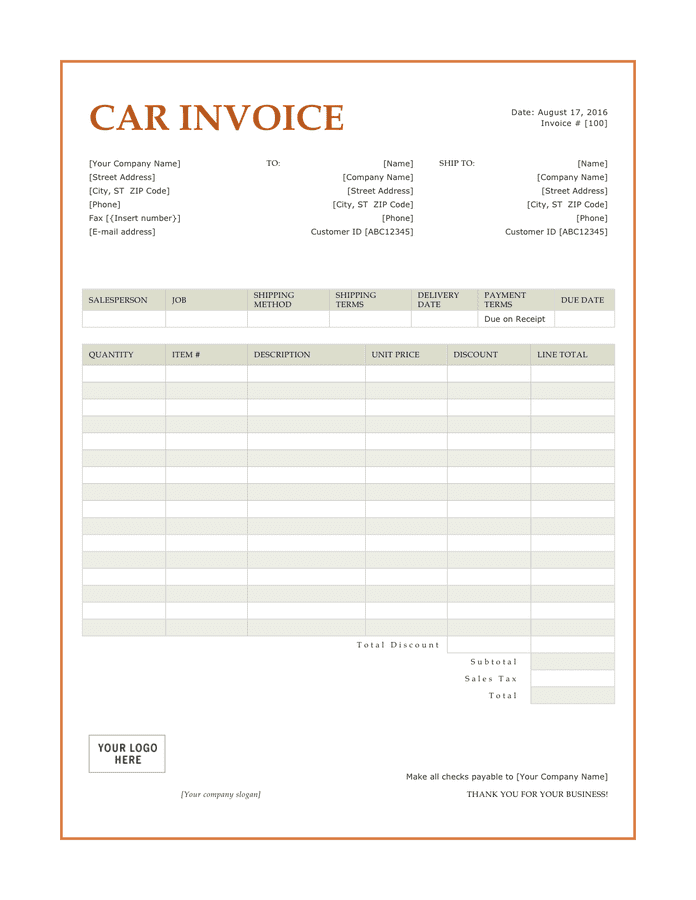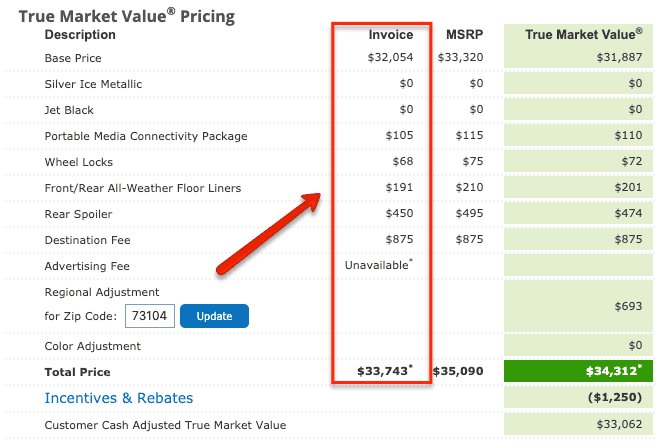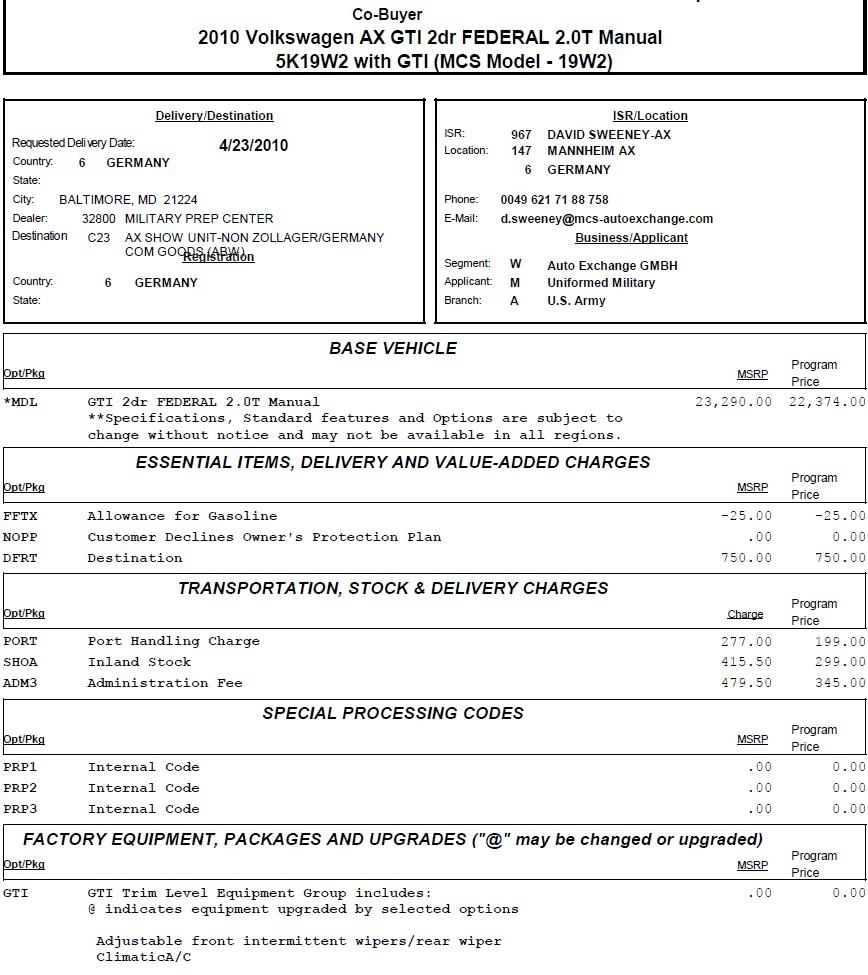
When an automaker ships a new car from the factory to the lot, the dealer is given a bill (or an invoice). It’s sometimes referred to as “dealer cost” in the car business. Invoice prices are the amount the dealer pays for the vehicle. Obtaining the invoice price is sometimes thought to be a better strategy. MSRP is used interchangeably with phrases like “retail price” or “sticker price.” You can negotiate from the manufacturer’s suggested retail price, though it is not always the best course of action. This is not something you will need to worry about for the average sedan, SUV, or pickup. Muscle cars, like the Shelby Mustang and specific versions of the Dodge Challenger, may fall into this category. It does not include factory rebates or other incentives.ĭealers can actually sell vehicles at or above the MSRP, though it is rare (and some manufacturers will even warn dealers against doing so). The MSRP includes the standard vehicle price (i.e., without options), the pricing of optional features and packages, and the destination and handling fee. Manufacturer’s Suggested Retail PriceĬommonly shortened to just “MSRP,” this number is found near the bottom of the window sticker (it might appear in a bolded or highlighted box). Understanding what they mean and how they are used will help as you search for a new car. How important are those topics when it comes to getting the best deal on a new vehicle?īelow we will cover some common terms and phrases you are likely to hear or see when shopping for a new vehicle.

But does it do any good for you to know the invoice price? And what about factory rebates and extended warranties, both of which come up during the car buying process. In so many words, MSRP is for the consumer, whereas the invoice price is for the dealership. One of the most common, for example, is MSRP versus invoice pricing.

And the typical car business lingo only makes things more confusing!

The stress consumers feel can be caused by the different “unknowns” in the car buying process. More recent studies show consumers would rather be stuck in an elevator than spend an afternoon in a car dealership. A 2014 survey by found that people consider shopping for a car more stressful than planning a wedding.


 0 kommentar(er)
0 kommentar(er)
